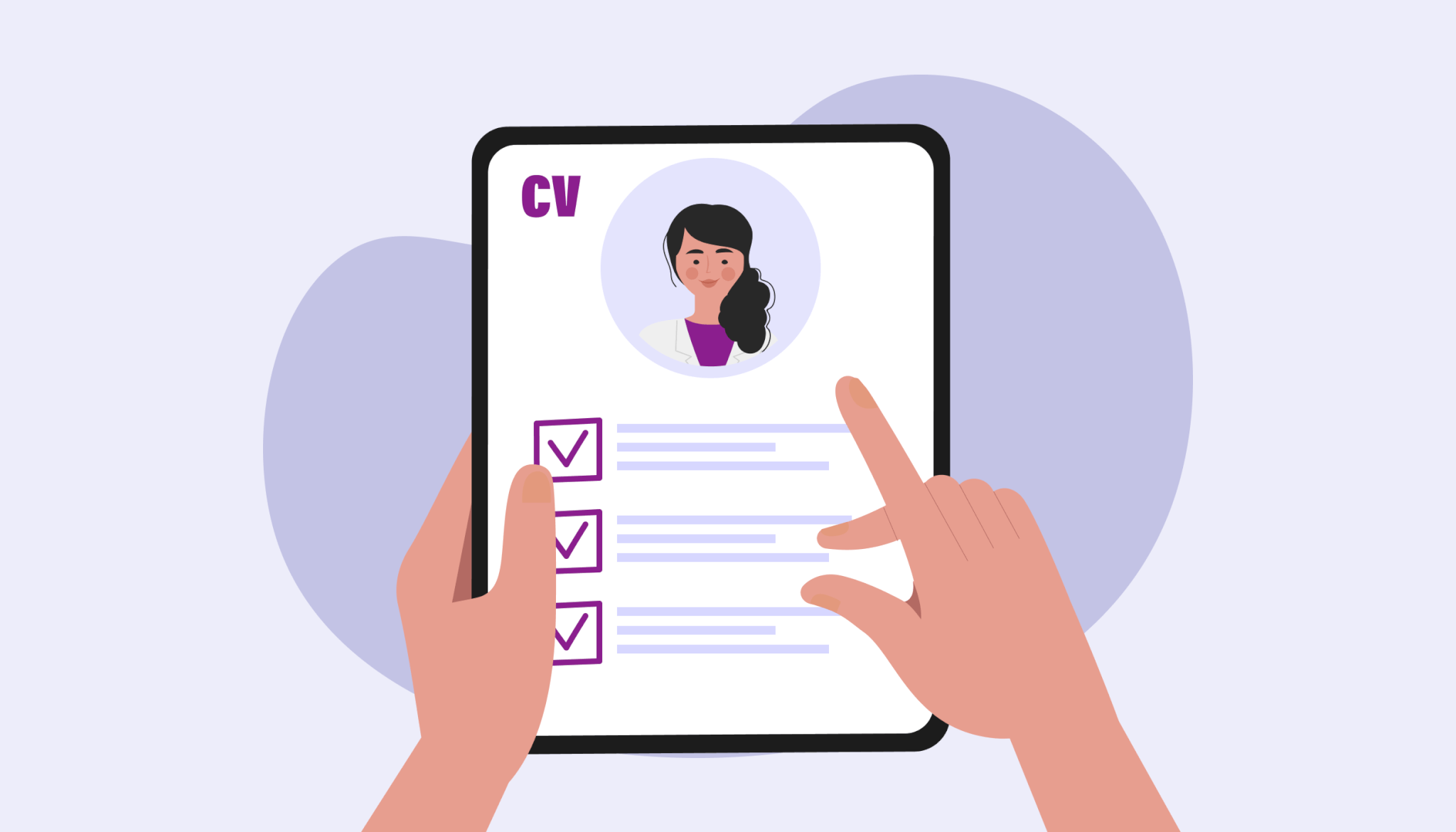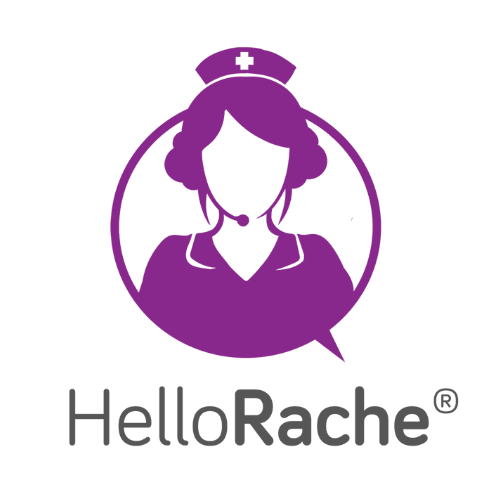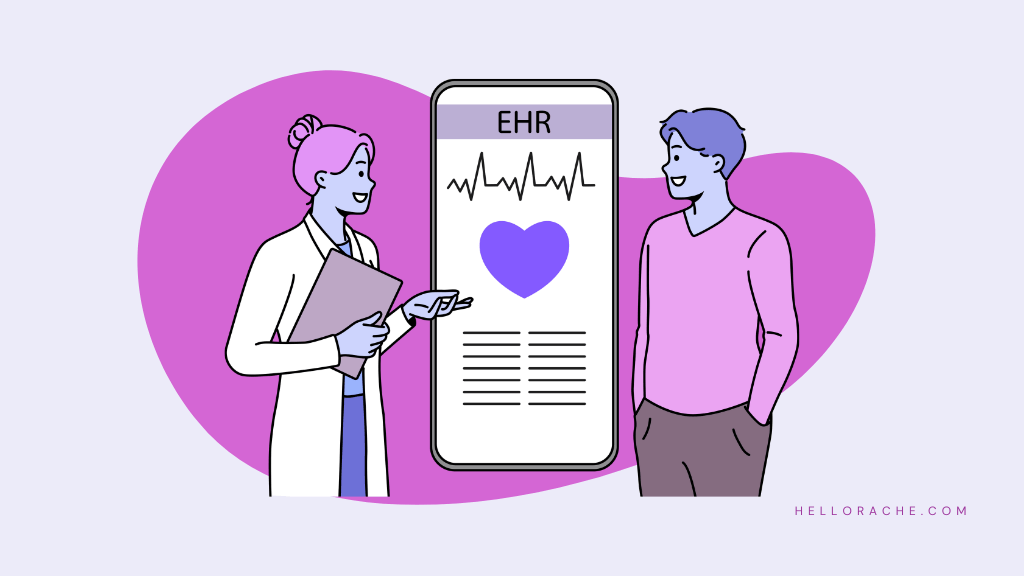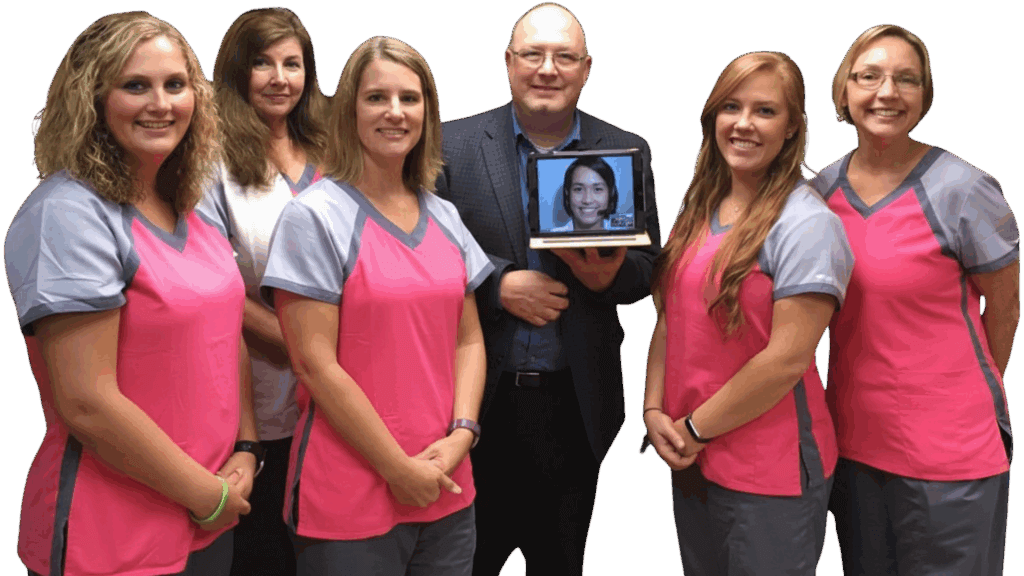Medical transcriptionists are an integral part of the healthcare industry. They play a vital role in converting the spoken word of medical professionals into written reports, which are then used to diagnose and treat patients or keep a record of doctor-patient interactions.
But if it’s your first time hiring for medical transcription, you might be confused about the right medical transcriptionist salary to pay your recruit. What’s the industry average? What is a competitive salary for a medical transcriptionist?
This article will explain how much you need to pay a medical transcriptionist and which skills you should look for when hiring a transcription professional.
What is a medical transcriptionist?
A medical transcriptionist is a person who transcribes medical reports, typically from audio recordings made by physicians, into written form. Their roles and responsibilities include:
- Converting audio recordings to text: In the healthcare industry, medical professionals have to dictate patient notes, which the transcriptionist then converts to text.
- Reviewing and editing: Once the transcriptionist has converted the audio recording to text, they will check it for accuracy and make any necessary edits.
- Producing reports: In some cases, transcriptionists may be responsible for making medical reports from audio recordings or dictations.
- Classifying and organizing data: Transcriptionists may also be responsible for categorizing and organizing data, such as patient records or medical research.
Transcriptionists usually work in hospitals, clinics, or private healthcare practices. Some may also work remotely.
Virtual medical scribes help offload the documentation burden from physicians and other clinicians. Scribes are becoming more prevalent, especially in emergency medicine and outpatient settings.

Did you know Hello Rache’s qualified virtual scribes can save your business more than 50% while providing an improved quality of care? Learn how it works here.
Why should you hire a medical transcriptionist?
Doctors and other health care providers are very busy people. You see patients all day long and often have to stay late to catch up on paperwork.
This hectic routine may give you little time to dictate your notes from each patient visit. That’s where a medical transcriptionist comes in. They can help:
- Improve patient care: The quality of patient care is of utmost importance. By hiring a medical transcriptionist, you can make sure the information dictated in your notes is recorded verbatim. It ensures that important details are not missed and provides a complete record for review.
- Save time: You’re already short on time as it is. So why waste any more of it by trying to transcribe your notes?
- Minimize errors: There’s no room for mistakes in medical transcription. A single typo could mean the difference between life and death. By hiring a medical transcriptionist, you can be confident that your notes are accurate and complete.
What is the average medical transcriptionist’s salary?
According to the Bureau of Labor Statistics, the national average salary of a medical transcriptionist is $14.47 an hour or $30,100 annually.

Meanwhile, Indeed reports the average hourly wage of a medical transcriptionist is $16.72. Some companies pay medical transcriptionists more than others, especially if the professionals have postsecondary education.
For example, the NMCI Medical Clinic pays medical transcriptionists $36.79 per hour, while Centene pays them $45 per hour. Here are the hourly rates for medical transcriptionists at some high-paying companies:
- Phoenix Children’s Hospital: $24.25
- Olympia Orthopedic Associates: $22.03
- Neurological Care: $18.79
- Loudoun Medical Group: $18.36
- Chai Urgent Care: $18.26
The salary for a medical transcriptionist also varies by city. For instance, medical transcriptionists in Dallas, New York, St. Louis, and Atlanta get paid more than their peers elsewhere.
Likewise, experience also determines the annual wage of a medical transcriptionist. A top-level medical transcriptionist earns a higher salary than a beginner in the field. Moreover, medical transcriptionists with the following skills tend to earn more:
- Anatomy knowledge
- Bilingual
- Customer service
- Documentation review
- Communication skills
- Computer literacy
- Computer skills
- Knowledge of EHR systems and EMR systems
- Medical office experience
How much should you pay a medical transcriptionist?
As mentioned earlier, the compensation for a medical transcriptionist varies depending on the city, company, and other factors. Here’s how to determine the average salary for a medical transcriptionist:
- Workload: You can base the amount you pay a medical transcriptionist on the amount of work they’re expected to do. For instance, you may want to pay a medical transcriptionist per hour, audio minute, or page.
- Education: The medical transcriptionist’s education and training can also determine how much you pay them. Many community colleges offer certification programs for medical transcriptionists. People with these certifications will expect a higher salary. Medical transcriptionists with a Bachelor’s degree make nearly $18,500 more annually than those without the degree.

- Bonuses: You can also offer bonuses for meeting deadlines or producing high-quality transcriptions. The project’s complexity may also affect how much you pay a medical transcriptionist.
- City: If your city’s cost of living is high, you may pay the medical transcriptionist higher than the national average. Cities like San Francisco, New York, and Boston have a higher cost of living, so medical transcriptionists in these cities expect to be paid more. For example, medical transcriptionists in Franklin, TN, earn close to $17 an hour, while those in New York earn over $20 per hour.
- Institution: Are you hiring for a clinic or a hospital? The type of institution can also affect the medical transcriptionist’s salary. The workload for each type of facility can also differ. In general, clinics tend to be smaller and have a lower volume of transcription than hospitals.
- Experience: Their experience is another essential factor to consider when determining a medical transcriptionist’s salary.
When determining a competitive salary for your employees, consider the industry benchmark for the position and the company’s compensation philosophy. The company’s compensation philosophy is typically outlined in the employee handbook.
Employee benefits for medical transcriptionists
Besides salary, you also have to offer some medical transcriptionist benefits. These include health insurance, paid time off, and a retirement plan.

Here are some benefits you can provide medical transcriptionists:
- Tuition reimbursement: If you want to encourage your employees to further their education, you can offer to reimburse them for tuition costs.
- Child care assistance: You can offer to help with childcare costs so that your employees can focus on their work.
- Flexible spending account: A flexible spending account allows employees to set aside money for medical expenses.
- Retirement plan: You can offer a retirement plan so your employees can save for the future. It will help improve retention rates.
- Paid time off: SHRM (The Society for Human Resource Management) survey shows that the most desired employee benefit is paid time off, followed by remote work options and paid family leave. Thus, it is vital to offer paid time off to your employees.
Skills to look for in a medical transcriptionist
Here are some skills to look for when hiring a medical transcriptionist:
- Fast and accurate typing: Since medical transcriptionists must be able to type quickly and accurately, they should have excellent typing skills.
- Listening skills: Medical transcriptionists must be able to listen to audio recordings of doctors and other healthcare professionals and transcribe them accurately.
- Attention to detail: Medical transcriptionists must have a keen eye for detail to transcribe medical reports accurately.
- Knowledge of medical terminology: A strong understanding of medical terminology is necessary for medical transcriptionists to understand the audio recordings they are transcribing. For instance, if you need a scribe’s transcription services for a gynecology practice, you must look for a transcriptionist who knows the medical terms related to this field.
- Strong written communication skills: Medical transcriptionists must have excellent grammar and punctuation skills to transcribe reports accurately.
- Computer literacy: Nowadays, most medical transcription is done electronically, so it’s essential for transcriptionists to be comfortable using computers and various software programs.
When looking for a virtual medical transcriptionist, ask about their qualifications, experience, turnaround time, and knowledge of medical terminology. You can also consider hiring someone with a relevant certificate.

For example, the Medical Assistant (CMA) certification equips students with the skills necessary to succeed in a medical office. The coursework covers topics such as medical terminology, anatomy and physiology, patient privacy and medical records, and office procedures.
Successful completion of the CMA Certification program will prepare students to take the Certified Medical Assistant (CMA) Exam, which is required to earn the CMA credential.
Hire a virtual assistant for medical transcription
Since remote work has become increasingly common, there’s a significant benefit to hiring virtual medical transcriptionists. Working with a virtual scribe saves you the hassle of finding an office space and provides you with a transcriptionist who can work from anywhere in the world.
Medical transcriptionists earn $10 to $15 on average. You may need to pay them higher based on your city, the workload, and their experience or qualifications. Besides salary, you may also have to offer other incentives to a medical transcriptionist to ensure retention. Some of these benefits include paid time off and a retirement plan.
A virtual medical scribe from Hello Rache costs just $9.50 per hour without any of the additional costs required for an in-house employee. And there are no contracts or setup fees. All our healthcare virtual assistants are trained extensively in medical terminology, have a background in the medical profession, and are HIPAA-trained.
Schedule a consultation to learn how Hello Rache can improve your in-clinic workflow and transform your practice by saving you time and reducing the burden of administrative tasks.






